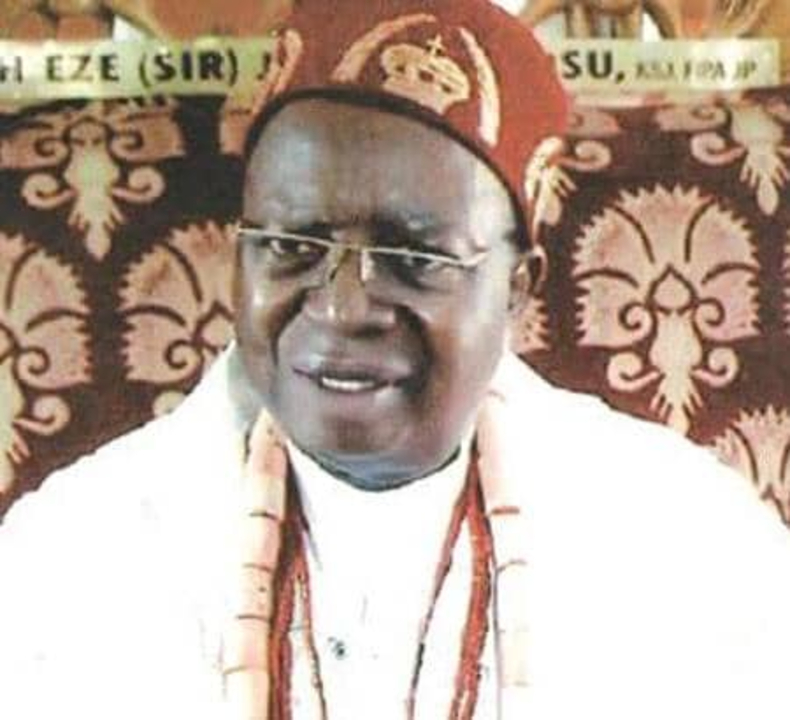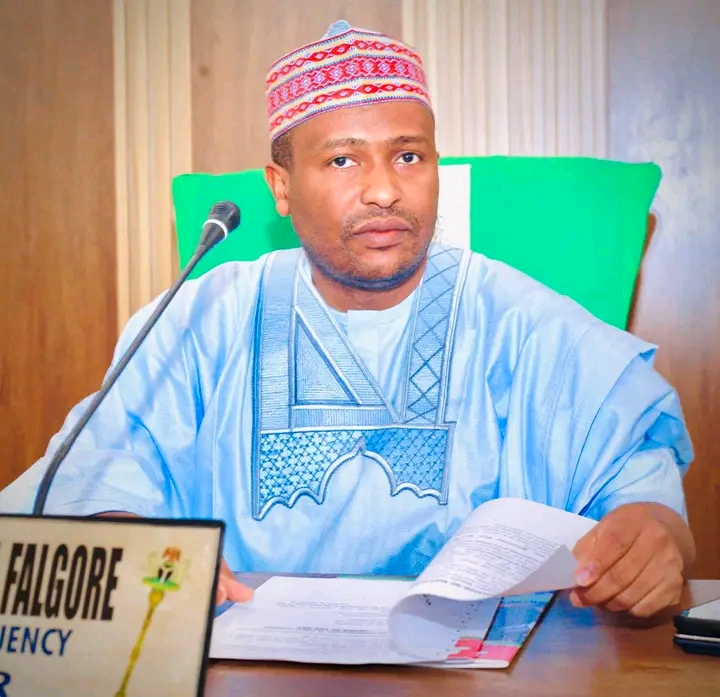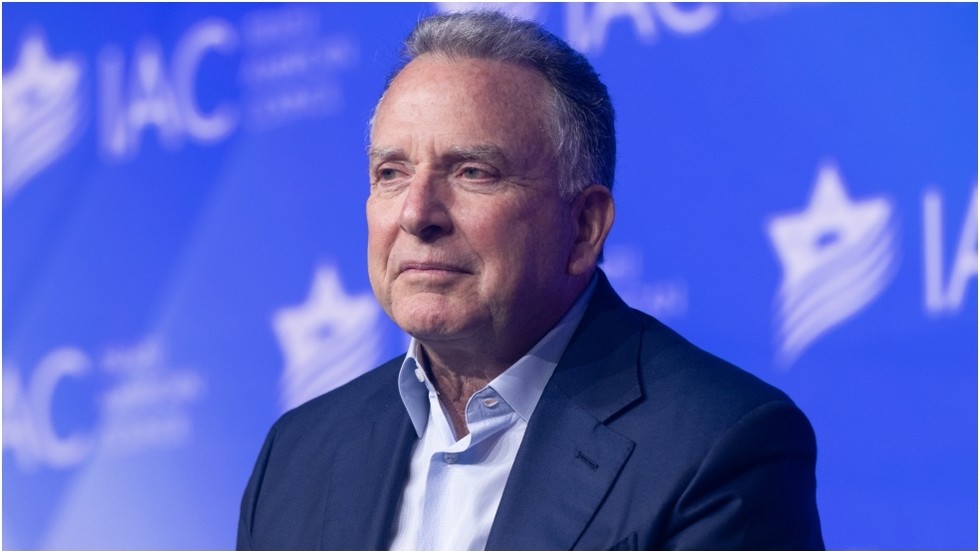Child labor and collapsing tunnels in the cobalt mines of the Democratic Republic of Congo (DRC) are tarnishing the reputation of electric vehicles and other products. However, efforts to bring transparency to the cobalt supply chain in the country are facing resistance.
Pierre Amani Kangenda, a mining engineer, oversees a small-scale cobalt mine known as UCK Drain on the outskirts of Kolwezi in the DRC’s southern copper belt. Here, young men toil in dangerous conditions, extracting cobalt and copper composite from the earth.
The DRC accounts for a significant portion of the world’s cobalt production, with artisanal miners like those at UCK Drain contributing around 15-20% of the country’s cobalt supply. These miners face risks and challenges, but efforts are being made to ensure their safety and well-being.
Kangenda, working with RCS Global, a consultancy focused on transparency and responsible sourcing, monitors the mine to ensure compliance with standards. He documents his findings and shares them with partner companies along the supply chain to address issues and improve conditions.
The demand for cobalt, a crucial component in lithium-ion batteries used in electronic devices and electric vehicles, continues to rise. However, reports of child labor and unsafe working conditions in Congo’s mines have raised concerns about the ethical sourcing of cobalt.
Efforts to eradicate child labor in the mines face challenges, as children are involved in selling raw materials to middlemen. Better Mining, a program aimed at improving conditions in artisanal mines, is working to educate depot owners and communities to prevent child labor.
Despite progress in monitoring and improving conditions in the mines, challenges remain, including the risk of collapsing tunnels. While efforts like Better Mining aim to ensure a clean supply chain, the complexity of the cobalt sector in the DRC presents ongoing challenges.
Transparency programs like Better Mining are crucial in addressing issues in the cobalt supply chain, but broader initiatives and legislative support are needed to ensure ethical practices across all mines in the DRC. Collaboration with companies at the end of the supply chain is essential to drive change and promote responsible sourcing practices.
As the world grapples with the ethical implications of cobalt mining in the DRC, efforts to improve transparency and accountability are essential to safeguard the reputation of electric vehicles and other products reliant on this valuable resource.



